Learn about the research of 2024 National Library Scholar Zoe Smith and what she found during her time at the Library.
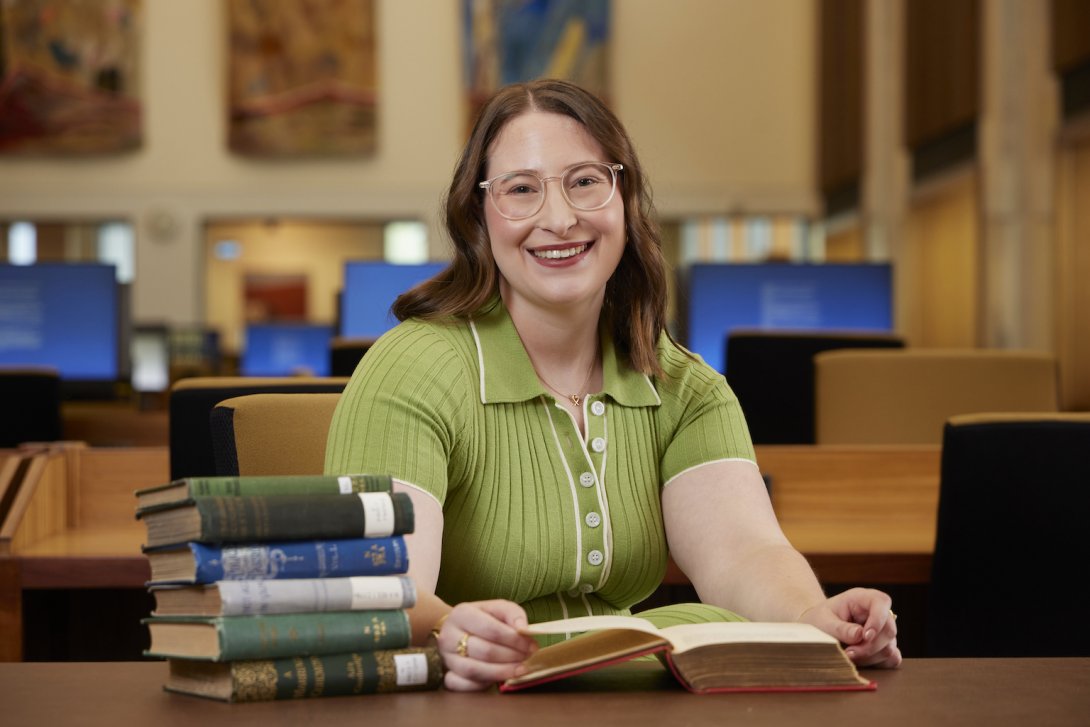
Content warning: This blog discusses and includes depictions of domestic abuse, including physical, psychological, sexual and economic abuse. If you or anyone you know needs support, please contact Lifeline, Beyond Blue or 13YARN.
Ada Cambridge and Rosa Praed were some of the most popular colonial female authors in late-nineteenth- and early-twentieth-centuries in Australia. Their novels were published in Australia, London, Canada, and America, and they reached the status of household names. Combined, Cambridge and Praed wrote over 60 novels and serials, over half of which were set in Australia. Crucially, these novels also had some of the most graphic and subversive depictions of domestic violence, at a time when domestic violence was arguably at its most visible in colonial Australian society.
Along with female victim-survivors who used recently amended divorce laws to protest their husbands’ cruelty and the newspapers who reported on these divorce cases, it was female authors such as Cambridge and Praed who were most influential in drawing attention to white women’s experiences of violence at the hands of white men. Ultimately, they used their writings to prompt discussion in newspapers and promote awareness of domestic and gendered violence in Australian society.
Despite the popularity of Cambridge and Praed’s works, they’re barely remembered today, and the very vast majority of their works have not been reprinted since the 1900s. A very small handful were reprinted in the 1980s when literary scholars rediscovered these women and their work, but ultimately the vast majority of these cultural touchstones are now only held here at the Library.
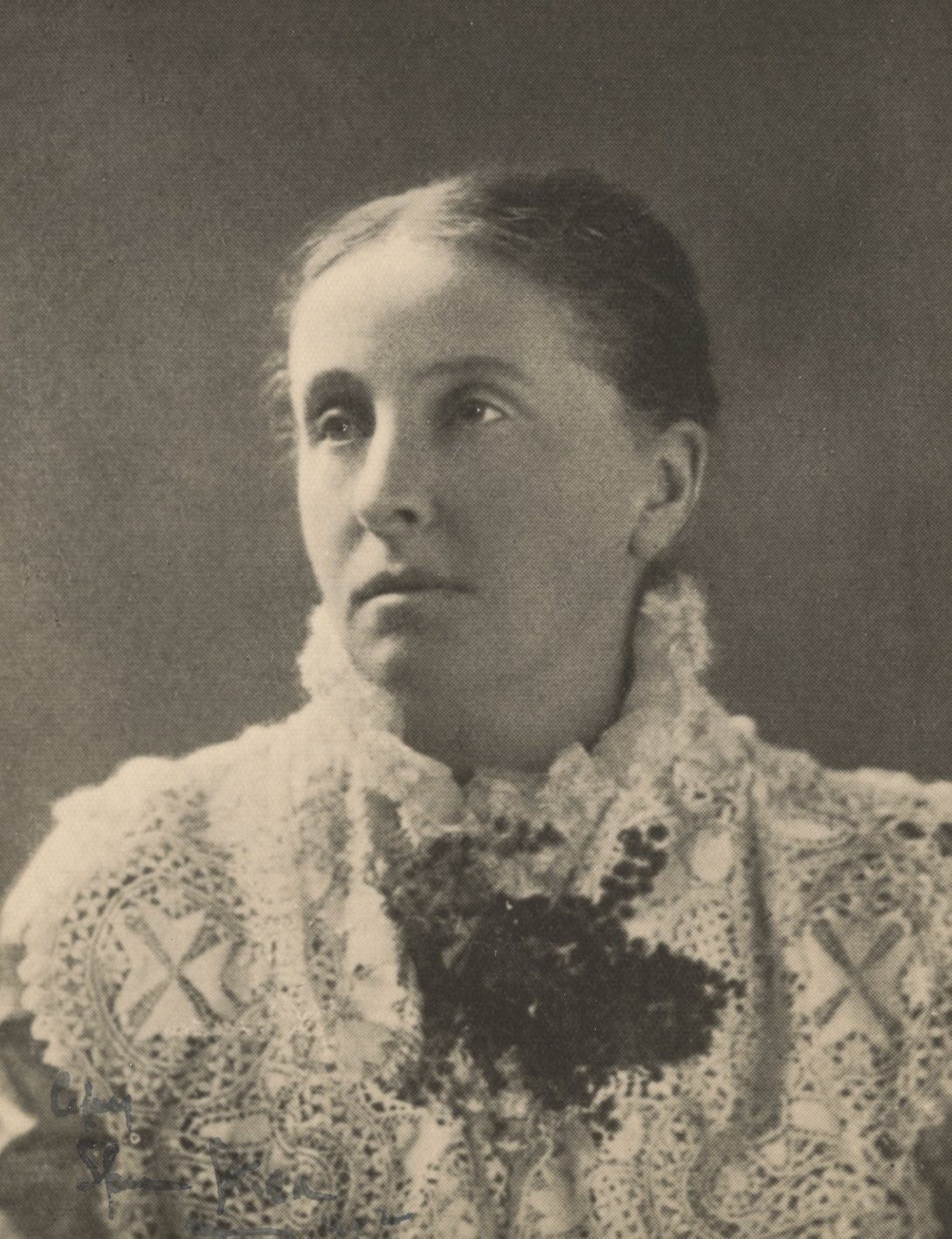
Uncovering the works of authors like Barbara Baynton, Ada Cambridge, Louisa Lawson, and Rosa Praed, alongside the newspaper discourses they were engaging with and the shifting debates in the divorce courts about acceptable marital masculine behaviour, reveals that domestic violence was a key topic of contemporary calls for social and cultural reform of gender relations more broadly. This all took place in a period when masculinities, femininities, and normative public and private gendered behaviours were all being scrutinised and, in some cases, redefined. This is broadly what my doctoral research examines as I write a feminist, social, and cultural history of domestic violence in Queensland, New South Wales and Victoria between 1880 and 1914.
In my 6 weeks as the 2024 National Library Seymour Scholar, I went through 30 of Cambridge and Praed’s novels in-depth, as well as their personal papers. Praed’s papers hold not only her early manuscripts but a considerable deal of her correspondence with her stepmother Nora, sister Lizzie, and stepsisters Dorothy and Ruth, in which she asks for material to use in her books, relates her experiences with publishers, and shares the development of her writing.
So, what do these novels tell us about cultural understandings and depictions of domestic violence at the turn of the century?
Reconceptualising working-class ‘wife-beating’
Firstly, we see an emphasis on the fact that domestic violence was not limited to the lower classes, done solely by the working-class ‘brute’. It was a cross-class experience for colonial women, committed by even the most ‘respectable’ or ‘gentlemanly’ of husbands. This plays out in several of Rosa Praed’s books, including in Policy and Passion where politician Edward Vallancy is verbally abusive to his wife Constance. Despite living a life of ‘ultra-refinement’, Constance describes herself as a ‘miserable woman’ whose life is one of ‘legalised degradation’. Similarly, Esther in An Australian Heroine is beaten by her husband George, and later tellingly remarks to a friend, ‘all women are not happy because they live in fine houses, and wear rich dresses’.
Similar circumstances play out in some of Ada Cambridge’s fiction. Hester Elliston in Mrs Carnegie’s Husband, Hilda Donne in A Marriage Ceremony, and Agnes Alexander in Not All in Vain all have ‘brutal’ gentlemen for husbands. In expressly placing this physical abuse in the drawing room of ‘polite’ society, Cambridge and Praed overtly challenged class-based assumptions surrounding ‘wife-beating’ and gentlemanly husbandly behaviour.
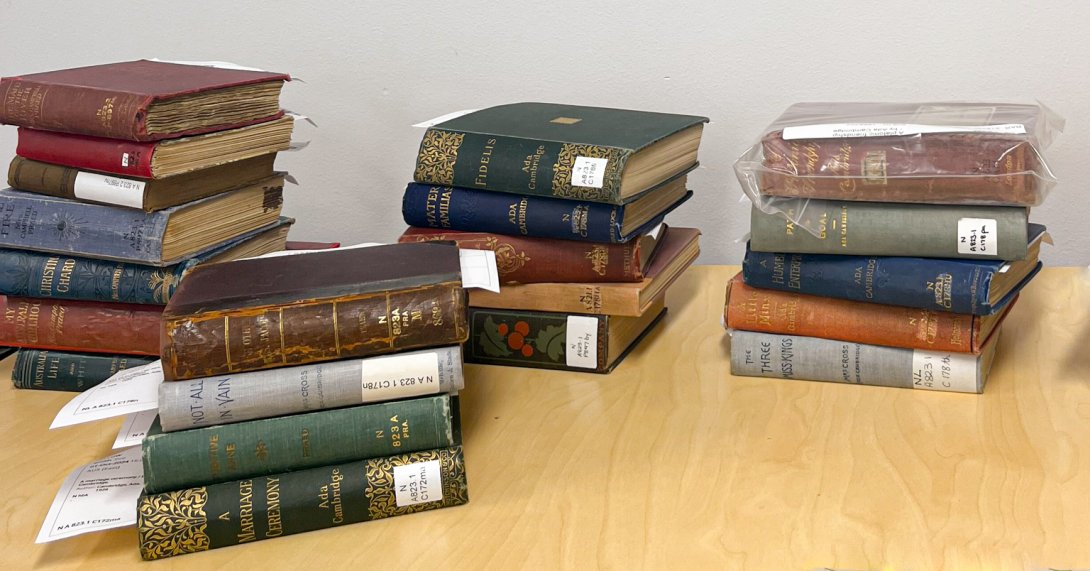
Exploring the ‘different ways of ill-treating a woman’
Secondly, the writings of Cambridge and Praed not only subvert class-based understandings of ‘wife-beating’ but also redefined domestic violence in this period. This included arguing for the recognition of marital rape, economic abuse, coercive control, psychological and verbal abuse, and reproductive coercion as unacceptable masculine marital behaviours.
Now of course they didn’t use those terms. Marital rape is alluded to in a range of ways, from stark imagery of a wife retiring to her bedchamber to lay ‘as a prisoner on the rack’, the bedchamber itself being referred to as ‘a chamber of horrors’, or in more coded language, like ‘immoral violence’ which is specifically differentiated from ‘physical violence’. These writers conceptualised marital rape in moral terms of a woman’s right to her own body and as the consequence of patriarchal ideas of wives as their husbands’ total property and possessions.
Cambridge’s serials Dinah and Against the Rules, her novels Not All in Vain, and Sisters, as well as multiple poems in her 1887 collection Unspoken Thoughts, all raise questions of wives’ bodily autonomy and a husband’s ability to violate that through allusions to or depictions of rape and attempted rape. As Cambridge evocatively details, legally these wives have ‘no escape but the grave’ from their rapist.
Rosa Praed’s The Right Honourable is significant for its stark depiction of what we would now recognise as coercive control. Centred around the marriage of Koorali and Crichton Kenway, the novel describes how Crichton often ‘looks over his wife’s shoulder while she opens her letters’, and how he belittles and insults Koorali, describing her as ‘stupid’ and that she makes him 'appear ridiculous’. Crichton also monitors Koorali’s dress and appearance, criticises and controls her expenditure, and demands she sexually exploit herself for his political gain. He does this all while declaring how grateful she should feel for their marriage. Crichton has little regard for Koorali’s feelings or personhood, believing his marital rights justify his treating her however he likes. The long-term impacts of Crichton’s controlling regime render Koorali the archetypal victim of gaslighting.
Crichton’s behaviour is condemned by other characters, both male and female, who believe Koorali has a right to respond by leaving her marriage. This abuse is described as a ‘system of tyranny’ and as ‘dictatorial’ behaviour, and Koorali is ultimately assisted to flee the marriage and her abuser.
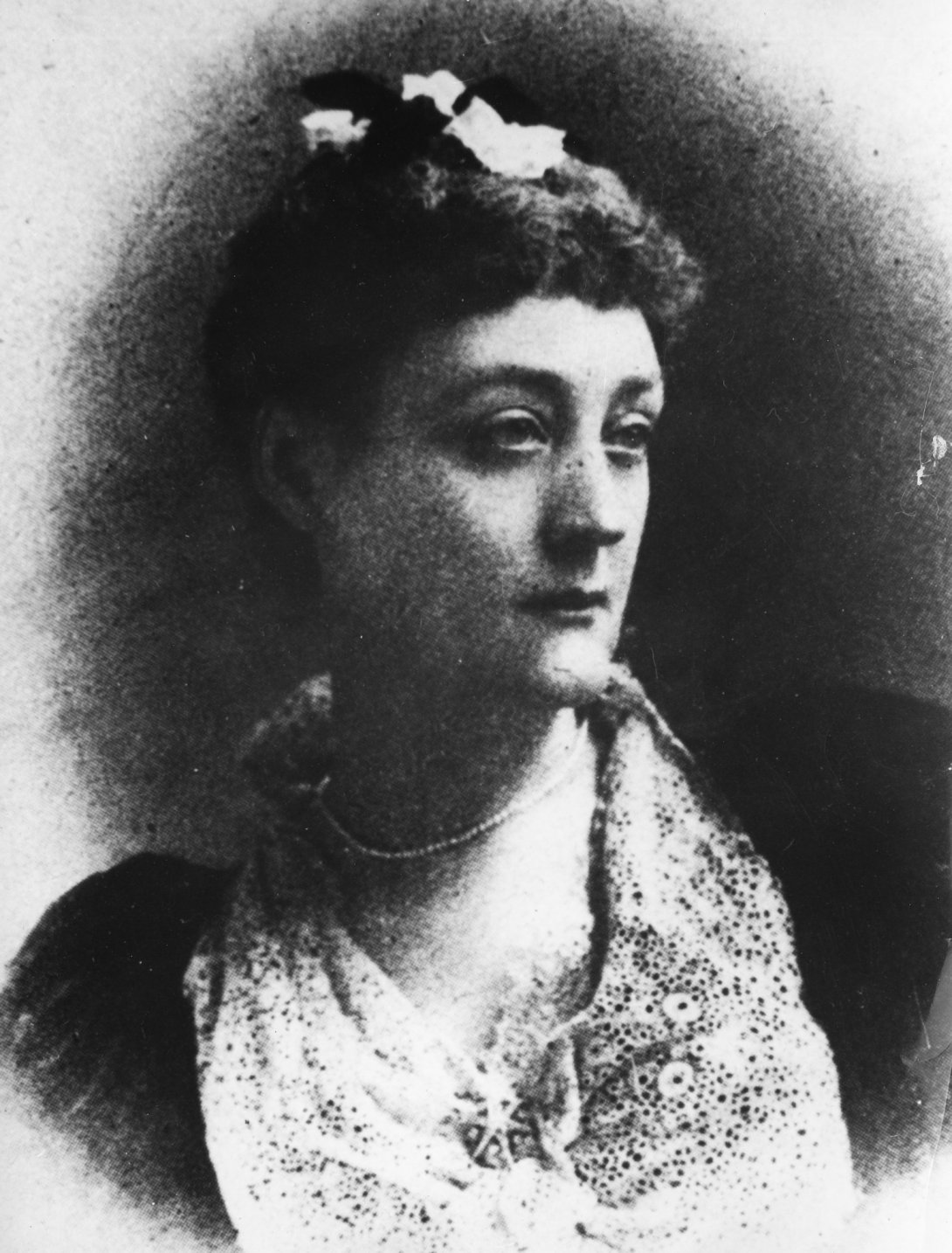
A similar situation is depicted in Cambridge’s 1882 novel A Mere Chance, where she also criticises unreasonable controlling behaviour. In an act of ‘incipient tyranny’, Graham Kingston tries to monitor his wife Rachel’s friendships and is eager to assert ‘marital control’ over her. Later in the novel, he explicitly details how he has put her under ‘strict surveillance’. Cambridge equates this psychological abuse to physical violence, with Rachel ‘hurt [as much] by a snub as she would have been by a blow’.
Importantly, this was in the decade before colonial judges legally defined ‘mental cruelty’. As such these literary depictions and criticisms of coercive control were the most overt challenging of patriarchal authority in marriage and laid the foundations for the legal recognition of ‘mental cruelty’. Not only that, Cambridge and Praed’s fiction offers some of the very first criticisms of coercive control in Australia.
The female voices that led cultural discourses
To quote Praed’s An Australian Heroine, this fiction aimed to show that colonial husbands, regardless of their class, all used ‘different ways of ill-treating a woman’. From controlling and isolating behaviour, to gaslighting, to economic abuse, marital rape, verbal abuse, overwork, and physical assault, one of the key things uncovered in this corpus of fiction is not only the attention to domestic violence, but the multiple forms of domestic violence they place under the spotlight. Whilst they didn’t have the modern terminology of ‘financial abuse’ or ‘coercive control’ available to them, these authors clearly defined and differentiated between different forms of abuse, using the terminology that was available to them, such as ‘mastery’, ‘cruelty’ and ‘tyranny’ to not only draw attention to the brutal realities of marriage for many women, but also to criticise the broader social, cultural and legal forces that validated such abuse.
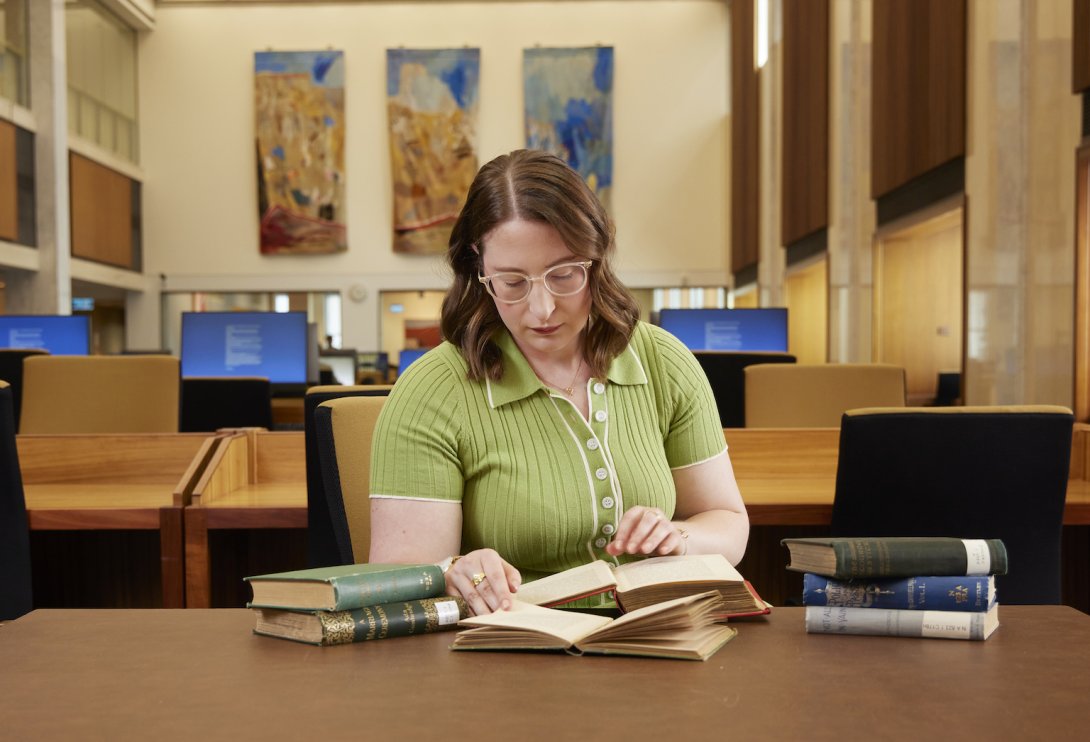
Exploring this widely read but now forgotten corpus of colonial women’s fiction therefore uncovers the important female voices that led cultural discourses about domestic violence in this period, with their voices criticising both patriarchal forces more broadly, and Australian men for their role as both perpetrators and complicit observers of marital abuse. A recognition of their extensive depictions of marital abuse in a myriad of forms, and their feminist criticism of a husband’s ‘tyranny’, allows for a revitalised and more complex understanding of domestic violence in the past—an understanding that is vital in tackling the ongoing prevalence of domestic and gendered violence in Australia today.
If you, or someone you know, have been affected by issues raised in this blog help and support is available. For crisis support, contact Lifeline on 13 11 14, chat with them online at lifeline.org.au or text them on 0477 13 11 14. Lifeline services are available 24/7. You can also contact contact Beyond Blue or 13YARN.